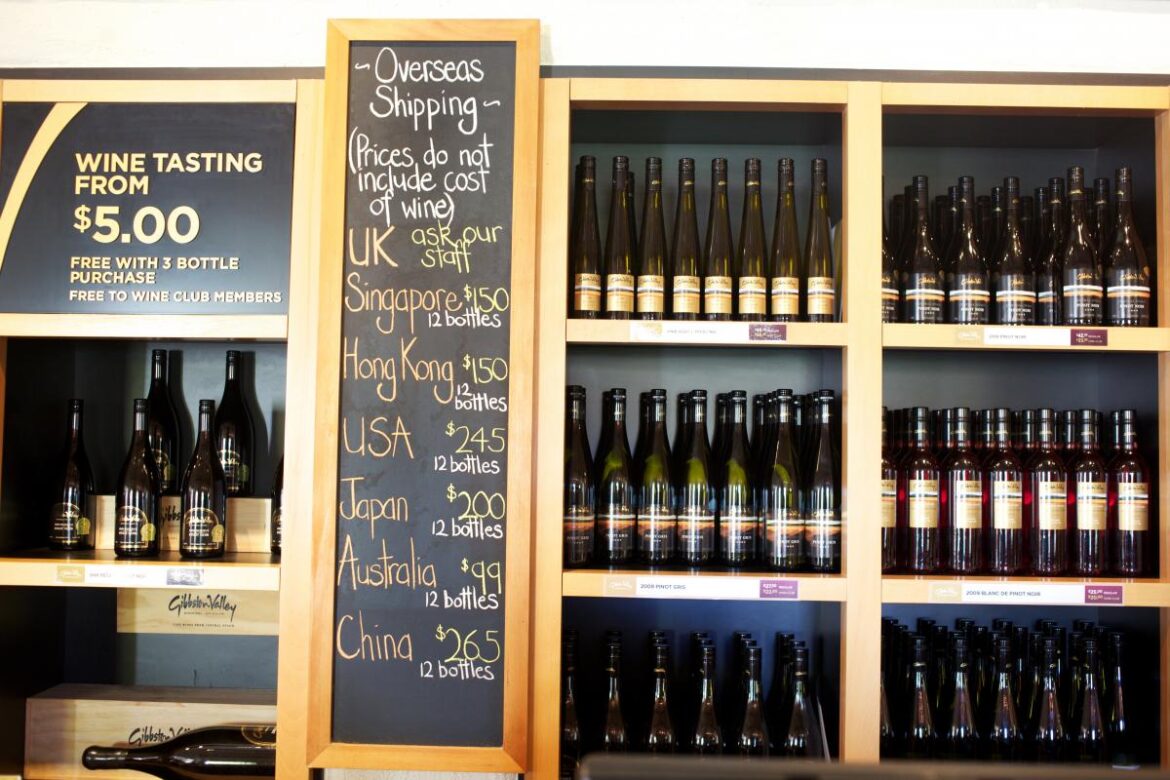Alcohol can cause cancer, so where are the warning labels, Rose Crossin and Emma Shields write.
Last week it was revealed that one of New Zealand’s major wineries was putting cancer warning labels on wine bottles destined for Ireland, in order to be compliant in time for Ireland’s new law that comes into force next year.
This immediately prompts the question: if the people of Ireland will be warned about the cancer risk of alcohol consumption, why not New Zealanders?
The decision by Ireland to mandate cancer warning labels is consistent with global health advice, including from the United States Surgeon-general.
This reflects the strong evidence that alcohol is a cause of at least seven types of cancer including breast, bowel and oesophageal.
New Zealanders have the right to know about the harms of alcohol, including the cancer risk. Despite this, the alcohol industry does not support warning labels on their products.
But evidence shows that warning labels are an effective way to increase consumers’ awareness and knowledge of alcohol-related harms.
Previous research has found that only 18% of New Zealanders are able to name alcohol as a risk factor for cancer — despite alcohol being estimated to cause 6% of all cancer deaths in New Zealand.
Warning labels on alcohol products could provide health benefits by prompting conversations with healthcare professionals.
Let’s imagine a 50-year-old woman who drinks regularly, perhaps a bottle of wine (about eight standard drinks a week). She sees this new warning label, which makes her stop and think. The next time she goes to see her GP, she mentions it.
This could lead to many beneficial conversations.
If her GP tells her that breast cancer represents 28% of all new cancer cases caused by alcohol in New Zealand, this may be the nudge she needs to go and have her mammogram, which she has been putting off.
Or they could discuss things she can do to lower her cancer risk, including reducing her alcohol consumption. They might also talk about nutrition, physical activity and sun exposure.
She decides to make some changes, as her first grandchild is on the way and she wants to stay healthy.
Or her doctor could talk to her about alcohol’s link to bowel cancer, which finally makes her raise the changes to her bowel habits she has been troubled by for over a year, but too embarrassed to ask about.
These are hypothetical scenarios, but it is easy to imagine how something as simple as a warning label could have positive flow-on effects.
Our scenario is consistent with research; a 2023 review found that alcohol warning labels are effective at prompting discussion and raising awareness of alcohol-related harms.
Perhaps that’s why 66% of New Zealanders already support a mandatory cancer warning label on alcohol?
When talking about public health interventions for alcohol, we often hear industry pushback to this from a framing of “personal choice”.
But we think this is missing an important concept — the idea of making an informed choice.
If you use a health service in New Zealand you are protected under a Code of Rights, where you have the “right to be fully informed” and then the “right to make an informed choice and give informed consent”.
This means you must be given appropriate and accurate information to help you make a choice.
Tobacco labels must depict the health consequences of smoking to support people buying them to make an informed choice.
Indeed, the first two criteria for making an informed choice relating to smoking are that 1) people should be aware of the health risks, and 2) the specific diseases caused by smoking.
Key to “informed choice” is the provision of accurate information. The alcohol industry should not be allowed to block New Zealand consumers from being informed of the cancer risk of their products.
We urge the New Zealand government to follow Ireland’s pioneering lead and mandate cancer warning labels on alcohol products.
This needs to occur alongside other evidence-based interventions that the World Health Organization recommends.
This includes reducing the number of places that can sell alcohol, reducing trading hours, making it less affordable (by increasing excise tax) and restricting alcohol marketing.
Cancer warning labels are only one of the actions needed to reduce the huge burden of alcohol-related harm in our communities.
But they are a simple solution, straightforward to implement and a positive step in the right direction.
By doing so, the government would be helping to create an environment that supports free and informed choice. — Newsroom
• Dr Rose Crossin is a senior lecturer in the Department of Population Health, University of Otago (Christchurch); Emma Shields is in the advocacy and public affairs team at the Cancer Society of New Zealand.


Dining and Cooking